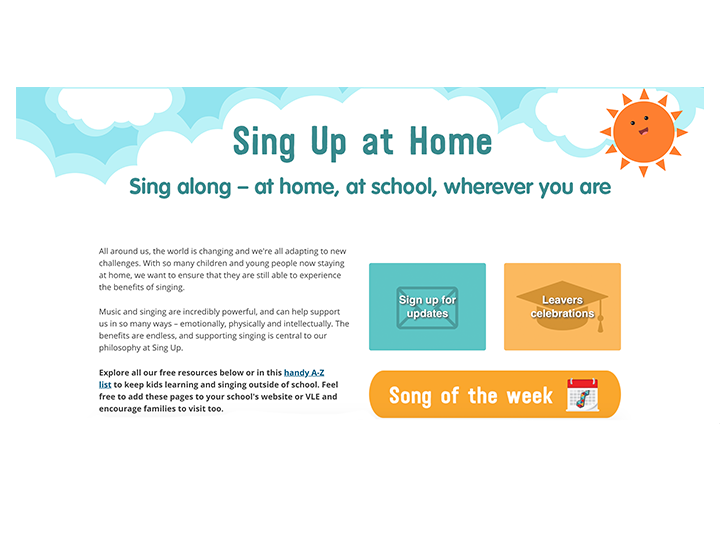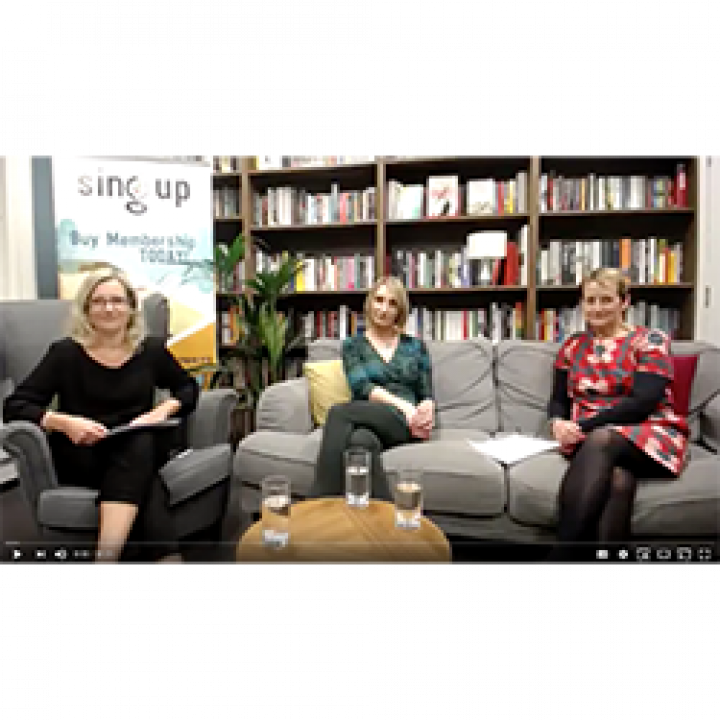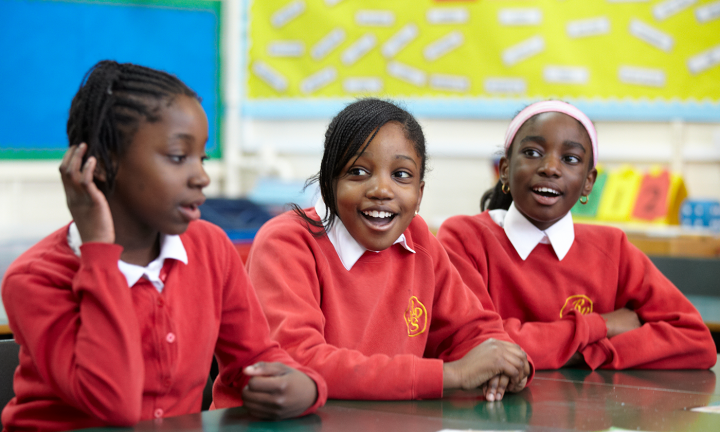
Have you heard the one about the branch of McDonald’s in Phoenix, Arizona, that is going to be run entirely by robots? Robots. Flipping robots flipping burgers. Actually, this isn’t a joke. This is, instead, the shape of things to come. If we ignore the ethics of denying actual humans actual wages, and the inevitable taste of metal on your buns, what does this mean for our children? Will many of their future jobs be obsolete? Taken over by R2-D2 holding the mayo?
It seems inevitable. According to the McKinsey Global Institute, robots could replace 800m jobs by 2030 – while the recent World Economic Forum (WEF) suggested a ‘skills revolution’ is needed.
But it also seems to be an opportunity. An opportunity for the hmmm-titled ‘soft skills’ learnt in arts and humanities to finally be recognised as equally important as the ‘harder’ STEM subjects. We’re talking teamwork, empathy, communication, listening well, understanding values, problem-solving and critical thinking. Put it this way, a robot would never know to give friendly you a few more fries.
At the WEF in Davos, Fabiola Gianotti, the Director General of CERN (the European Organisation for Nuclear Research) and particle physicist, and the E-commerce company Alibaba Group’s Jack Ma both took the opportunity to talk about the importance of soft skills in a radically changed future landscape.
‘For me’, said Gianotti, ‘I was a very curious child. I wanted to answer the big questions of how the universe works. My humanities and my music studies have contributed to what I am today as a scientist as much as my physics studies.’
Gianotti argued it is only by breaking the cultural silo that separates art and science that we can properly equip children for the future. Ma agreed – emphasising that knowledgebased curricula will not prepare children for a world where they need to be able to think independently, creatively, and work together to compete with computers and robots. ‘If we do not change the way we teach, 30 years from now, we’re going to be in trouble,’ said Ma.
And even Google agrees. In a Washington Post post, Cathy N. Davidson, founding director of the Futures Initiative and author of The New Education: How to Revolutionise the University to Prepare Students for a World in Flux, writes: ‘...two recent studies of workplace success contradict the conventional wisdom about ‘hard skills’. Surprisingly, this research comes from the company most identified with STEM-only approach: Google.
‘...among the eight most important qualities of Google’s top employees, STEM expertise comes in dead last. Could it be’, asks Davidson, ‘that top Google employees were succeeding despite their technical training; not because of it?’
Well? We asked a range of people working in the STEM fields, education and recruitment if they thought soft skills – developed by music and the arts – matter as much as STEM...
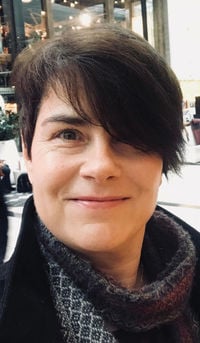 BONNIE ANDREWS
BONNIE ANDREWS
Head of Product, Stepstone UK – a group of leading job boards all over the world
‘The top seven characteristics of success at Google are all soft skills: empathy, problem solving, being a good coach, communication and listening, being able to gain insights into others, and critical thinking. They even changed their hiring practices to include arts and humanities. If Google, a major STEM employer, has come to this conclusion, then soft skills should be honed to the same level as any technical expertise – and some would argue they are even more important.
‘I believe that music and the arts enhance a person’s creativity, they enable you to express yourself, collaborate with others, and even take risks. As a software engineer you need to be creative – and as an artist you need to be disciplined. Music and the arts can help you develop both of these skills.’
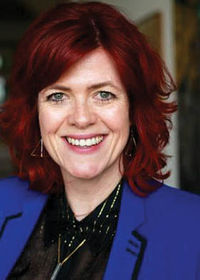 NADYA POWELL
NADYA POWELL
Cannes Lions judge and co-founder of Utopia – a company ‘Rewiring business for the Age of Creativity’
Utopia was founded with ‘the belief there is a better way to do business. One driven by creativity, empathy and innovation’
‘It has been 10 years since the supposed Digital Age arrived – and now we’re seeing the true fruits of the enablement. Technology is automating tasks that took up valuable time, it provides us with tools such as Unbound which enable us to be more creative, and ultimately is powering the ideas economy. We’ve entered an age of creativity and at no other time in history has mankind been able to be as creative as it can be now.
‘It’s less about categorising soft skills vs. knowledge skills; and more about enabling and empowering people to use both or either of these skillsets to advance knowledge and understanding. Music and the arts teach the brain how to explore, how to think outside of formal structures, ultimately how to create. Britain has always been seen as a centre of excellence for creativity and it’s time we saw the arts for their value as a critical creative skill incubator.’
PAUL THOMAS
Partner at Gresham LLP, experienced private equity investor
‘Soft skills have always been an important element of business success and I expect them to be even more so in the future. The initial impact of automation reduces the need for human input in repetitive tasks and over time this effect moves up the curve to automate the application of existing knowledge. This will make the combination of soft skills with technical knowledge an ever more important differentiator in the future.
‘There is no doubt in my mind that making music with others is a great way of building these skills. There is of course also a high correlation between musical and mathematical ability, so this often plays to the strengths of those who are building STEM knowledge as well.’
 JON TAIT
JON TAIT
Deputy Headteacher and Director of Acklam Grange Teaching School in Middlesbrough
Jon has 20 years’ teaching experience, is a Microsoft Innovative Educator Expert, and is part of Microsoft’s global educator visionary team. The author of 100 Ideas on Engaging Learners (Bloomsbury), Jon is speaking at the BETT show in 2019
‘Soft skills are really important for us all as functioning human beings in society. However, the danger of the advances in digital technology is more and more students are growing up in a world where face to face human interaction is becoming a forgotten art. We must therefore not take this skill for granted with our children and [we must] consciously teach them how to interact appropriately and effectively with one another.
‘I find it sad that some subjects like the arts and physical education are being squeezed due to the pressure on schools to deliver on the EBacc curriculum. However, while the Government agenda on the EBacc curriculum still exists, schools will do everything they can to give more time and money to these subjects in order to be successful. There are so many great skills, qualities and experiences that young people can pick up from these [arts and PE] subjects. Teamwork, for instance. The ability to understand and work towards a common goal is crucial to most jobs – and subjects like Music, PE and Drama can be a great way to develop these skills with our children from an early age.
‘Time will tell whether the Government’s curriculum agenda will impact on our ability to be creative and how this will be for the jobs of the future. I can’t speak for BETT or any of the companies that exhibit there, but I know from my attendance there that companies are trying hard to create and develop technology that can increase young people’s creativity. I’ve seen how students can now connect and collaborate with students all over the world via Skype, for example, and how augmented reality can take you anywhere in the world from the comfort of your own classroom. The future for education is exciting – if only we’d let it in!’

